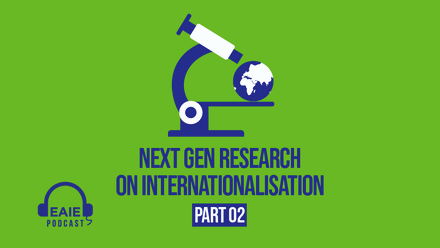Research Snapshot: Gone international: a new generation

Gone international: a new generation
Publication date: 29 April 2025
This report, produced by UUKi in collaboration with Jisc and the Northern Consortium, investigates the impact of studying, working, or volunteering abroad on UK-domiciled students’ academic experiences and graduate outcomes. Using data from the HESA Graduate Outcomes survey, the analysis focuses on UK-domiciled first-degree undergraduates who completed their studies in 2021-22, and includes longitudinal data from 2017-18 to 2021-22 to track trends. This approach allows for a detailed understanding of how participation in international mobility has changed, who participates, and its effects on life after graduation.The report explores trends in outward student mobility, differences in participation across demographic groups and links between mobility and outcomes such as employment, further study, and salaries 15 months after graduation. By evidencing the benefits of international experience and highlighting gaps in access, the report aims to support higher education institutions and policymakers in expanding and improving mobility opportunities for all students.
This research highlights the life-changing impact of international experiences on students and provides evidence to drive more equitable access to these opportunities.
About the authors
Key findings from the research:
1. Mobility rates have declined:
- Student mobility rates have dropped from 8.8% in 2018-19 to 3.5% in 2021-22.
- Factors include the COVID-19 pandemic and new visa requirements for European mobility post-Brexit.
2. Equitable access to mobility is improving:
- While overall participation has declined, students from underrepresented backgrounds have seen increases in their share of mobility opportunities.
- Notable improvements were observed for disabled students, students from low-participation neighbourhoods, and students from black, Asian and mixed ethnic backgrounds.
3. Mobility is associated with improved graduate outcomes among several student groups:
- Mobile students from less advantaged backgrounds were more likely to achieve a first-class degree and secure professional-level jobs, and less likely to be unemployed than their non-mobile peers.
- Across the five years of data, mobile students from several groups had higher graduate salaries than their non-mobile peers.









